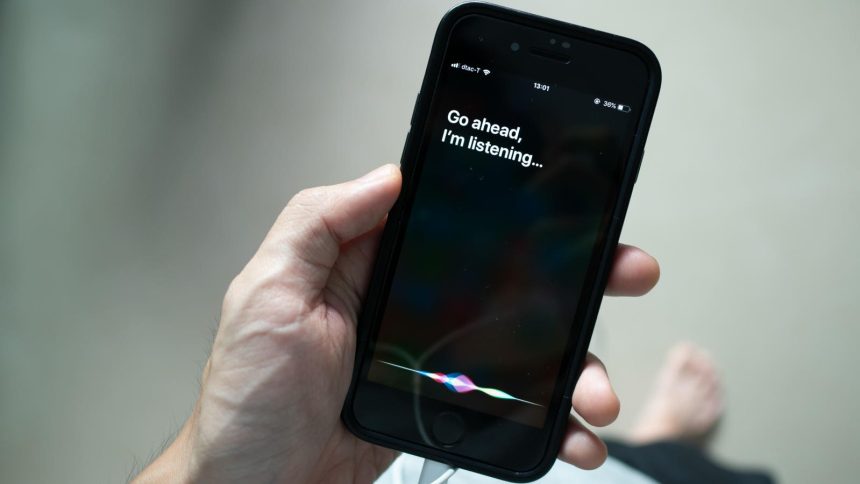The $95 million settlement reached by Apple in a class-action lawsuit concerning its voice assistant, Siri, represents a significant moment in the ongoing dialogue surrounding technology and user privacy. The lawsuit alleged that Siri inadvertently recorded users’ private conversations without their consent over a period exceeding a decade, capturing sensitive information ranging from medical discussions to business dealings and intimate personal moments. While Apple has consistently denied any wrongdoing, the settlement, pending judicial approval, offers compensation to U.S.-based owners of eligible Apple devices who can attest under oath to such accidental activations. This case highlights the inherent tension between the convenience offered by voice-activated technologies and the potential risks they pose to individual privacy.
The controversy surrounding Siri’s inadvertent recordings dates back to 2019 when a whistleblower revealed that accidental activations were commonplace, often triggered by sounds as innocuous as a zipper being misinterpreted as the “Hey Siri” wake phrase. These recordings, subsequently reviewed by Apple contractors for quality control, raised serious concerns about the unauthorized access to and potential misuse of private information. The ensuing class-action lawsuit culminated in the proposed settlement, which could provide up to $20 per device for a maximum of five devices per user. However, critics argue that the settlement amount, equivalent to a mere nine hours of Apple’s annual profit, is insufficient to serve as a meaningful deterrent against future privacy violations. Furthermore, the substantial legal fees slated to be deducted from the settlement amount further diminish the compensation available to affected users.
Apple’s response to the initial allegations involved a public apology, a temporary suspension of its Siri grading program, and a commitment to implement significant policy changes. These changes included ceasing the retention of audio recordings by default and introducing an opt-in system for users who wished to contribute their recordings for quality improvement purposes. With the release of iOS 13.2 in October 2019, Apple provided users with the ability to delete their Siri history and opt out of audio recording sharing. While these changes represent steps towards enhanced user control, the case underscores the ongoing challenge of ensuring user awareness and understanding of data privacy practices.
The Siri case has far-reaching implications for the broader landscape of user privacy in the age of voice-activated technologies. The convenience of these technologies is undeniable, but their potential to capture and disseminate private conversations without explicit consent raises fundamental questions about the boundaries of data collection and the responsibility of technology companies to protect user privacy. The fact that human contractors had access to these recordings further amplifies concerns about unauthorized access to sensitive personal information. This case serves as a stark reminder that the pursuit of technological advancement must be balanced against the fundamental right to privacy.
The challenges highlighted by the Siri case extend beyond Apple and encompass the entire tech industry. Similar allegations have been leveled against other major players like Google and Amazon, indicating that concerns about inadvertent recordings and data privacy are systemic issues. A pending lawsuit against Google’s voice assistant, spearheaded by the same law firms involved in the Apple case, further emphasizes the pervasiveness of these challenges. These cases underscore the need for greater transparency and accountability within the tech industry regarding data collection practices, as well as the importance of empowering users with the knowledge and tools necessary to control their personal information.
Ultimately, the $95 million settlement reached by Apple serves as a critical juncture in the ongoing evolution of data privacy in the digital age. It highlights the delicate balance between technological innovation and the imperative to protect user privacy. As voice-activated technologies become increasingly integrated into our lives, the responsibility falls upon technology companies to prioritize transparent data practices, provide users with meaningful control over their personal information, and ensure that the pursuit of convenience does not come at the expense of fundamental privacy rights. This case serves as a potent reminder of the need for continuous vigilance and advocacy in protecting user privacy in an increasingly data-driven world. The conversation surrounding data privacy is far from over, and the lessons learned from the Siri case will undoubtedly shape future discussions and policy decisions in this crucial area.



